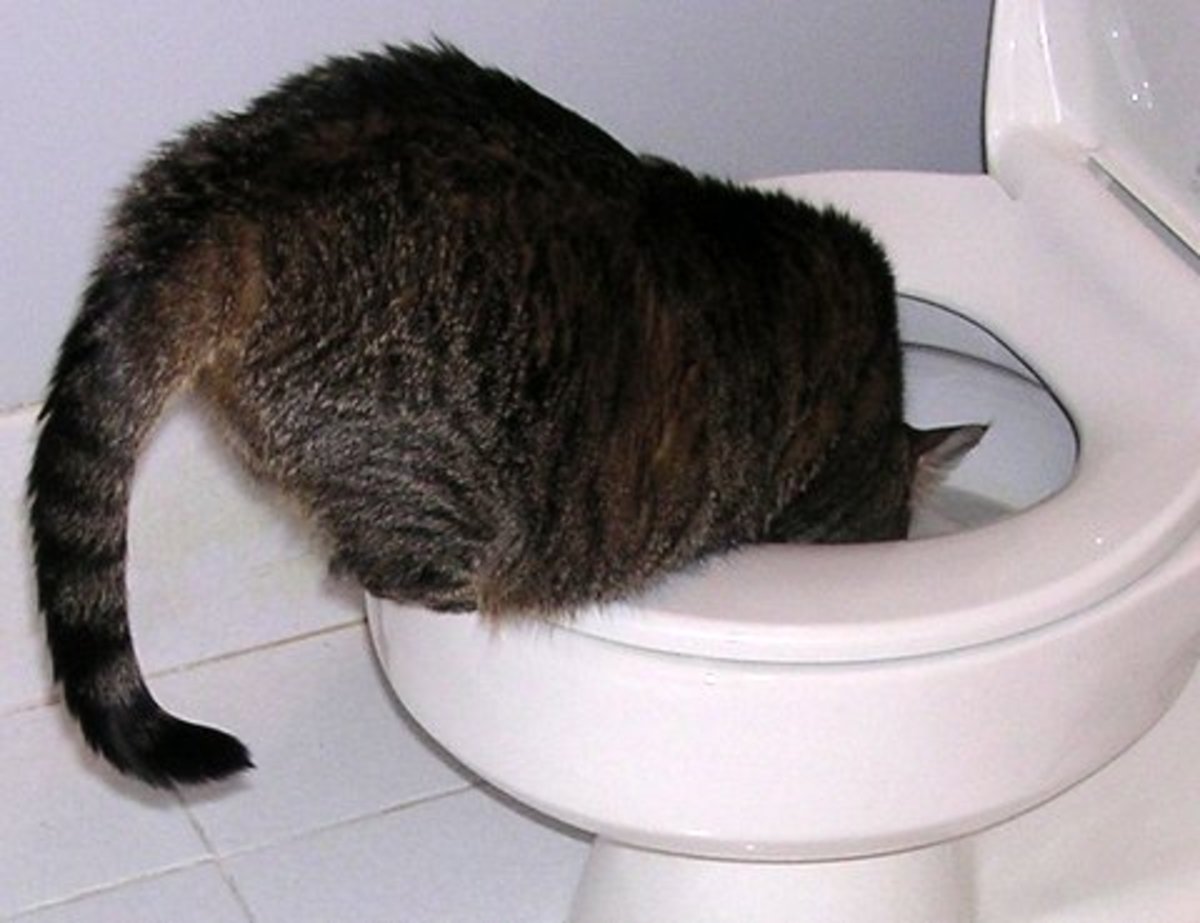How You Ought to Never Flush Animal Waste Down the Toilet
How You Ought to Never Flush Animal Waste Down the Toilet
Blog Article
Are you on the lookout for critical information about Should you flush animal waste down the toilet?

When it comes to taking care of waste, particularly animal waste, many individuals frequently resort to the convenient alternative of flushing it down the bathroom. Nevertheless, this relatively easy solution can have major effects for the setting and public health. In this article, we'll check out why flushing animal waste down the commode is a negative idea and offer alternate techniques for appropriate disposal.
Intro
Proper waste disposal is vital for keeping ecological sustainability and public health. While it might seem safe to flush animal waste down the toilet, it can lead to various concerns, both for the environment and human well-being.
Threats of flushing pet waste
Ecological impact
Flushing pet waste introduces damaging bacteria and virus right into waterways, which can negatively influence water communities. These pathogens can pollute water sources and damage marine life, interfering with delicate ecological communities.
Public health worries
Animal waste contains dangerous bacteria such as E. coli and Salmonella, which can present significant health and wellness threats to humans. Flushing pet waste down the commode can contaminate water materials, bring about the spread of conditions and infections.
Alternatives to flushing
Instead of flushing animal waste down the bathroom, there are a number of different disposal approaches that are extra environmentally friendly and hygienic.
Composting
Composting animal waste is an eco-friendly means to deal with it. By composting, raw material is broken down into nutrient-rich dirt, which can be used to feed gardens and plants.
Garbage dump disposal
Throwing away pet waste in a land fill is one more option. While not as eco-friendly as composting, it is a much safer alternative to flushing, as it prevents the contamination of water resources.
Animal garbage disposal systems
There are specialized family pet waste disposal systems readily available that safely and hygienically deal with pet waste. These systems often utilize enzymes to break down waste and remove smells.
Steps to appropriate pet garbage disposal
To make certain proper disposal of animal waste, comply with these actions:
Scooping and landing waste
On a regular basis scoop and bag pet waste making use of naturally degradable bags. This avoids waste from polluting the setting.
Using assigned waste containers
Dispose of bagged pet waste in marked waste containers, such as garden compost bins or garbage dump bins. Stay clear of flushing it down the commode in any way costs.
Cleansing can and animal areas regularly
Regularly tidy litter boxes and pet dog areas to avoid here the buildup of waste and microorganisms. Use pet-safe cleansing items to keep hygiene.
Benefits of proper disposal techniques
Taking on proper disposal approaches for pet waste provides several advantages:
Reduced environmental pollution
Appropriate disposal methods minimize the risk of environmental pollution, securing rivers and communities from contamination
Decreased risk of water contamination.
By avoiding flushing animal waste down the toilet, the threat of water contamination is considerably lowered, protecting public health.
Boosted sanitation and hygiene
Proper disposal approaches advertise better cleanliness and health, developing a more secure setting for both human beings and pets.
Conclusion
Finally, flushing pet waste down the toilet is unsafe to the environment and public health. By embracing different disposal approaches and adhering to proper waste monitoring practices, we can minimize the negative impact of animal waste and contribute to a cleaner, healthier earth.
What To Do With Dog Poo – The Do's And Don'ts Of Disposing Of Faeces
Dog poo bins
Some councils provide dedicated dog waste bins in popular dog-walking areas that can take dog poo that has been bagged but you can legally dispose of dog waste in any public litter bin, as long as it is securely bagged. This also applies to your wheelie bin at home.
Do not flush
Water companies do not recommend flushing dog faeces down the toilet because certain parasites can survive the water processing treatment and are potentially harmful to humans. You should also never consider flushing dog poo that has been bagged down the toilet as the bags will not break down and instead create severe blockages in the sewage system.
In the woods
The Forestry Commission promotes a ‘stick and flick’ method for dealing with waste in the woods. This means finding a stick and using it to flick any poo from off the path so that it is out of the way of other walkers. You could also bury it as long as it is not in an area where there might be livestock.
Livestock
Parasites found in dog poo can be transmitted to livestock if they inadvertently eat infected faeces that has been left on grazing land. This could result in the death of sheep or abortion in cattle so you should always make sure you pick up your dog’s waste in fields where livestock could be present.

We had been shown that report on through an associate on another web address. Kindly take the time to promote this blog post if you liked it. Many thanks for taking the time to read it.
Hire A Pro Report this page